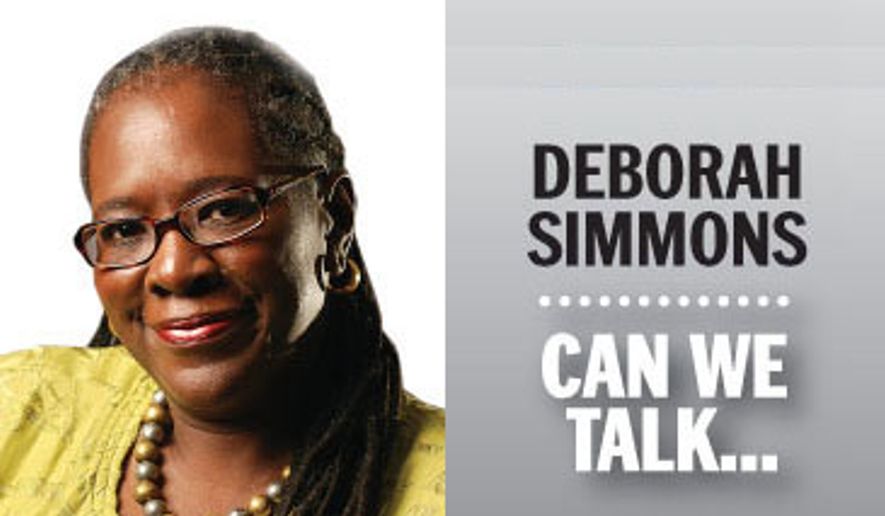ANALYSIS/OPINION:
In his 1970 spoken-word recording, Gil Scott-Heron famously warned, “The Revolution Will Not Be Televised.”
He was correct, partly.
For the revolution is not only being televised, it’s being Facebooked, YouTubed, Instagrammed and tweeted, too.
Indeed, the cultural revolution occurring today first hit television screens on the morning of Sept. 11, 2001, when we heard about an airliner striking the World Trade Center in New York City, and within minutes of that strike, witnessed in living color a second plane doing the same. Yet a third plane, we were told, dived into the Pentagon. Minutes after that third strike, hijackers downed a plane near Shanksville, Pennsylvania.
The killers with blood on their hands for the Friday the 13th attacks in Paris employed a schedule, too — unless you believe in coincidences.
Scott-Heron’s profound “Revolution” professed no belief in coincidences. His recording mentioned such political, media and cultural icons as NBC, Richard Nixon, women libbers, Johnny Cash, Glen Campbell and Rare Earth, but you can easily replace any of them with today’s A listers, including Fox, President Obama, Ellen DeGeneres, Tim McGraw, Blake Shelton and Metallica.
The point is, here we are.
Black Lives Matter, for example, gained major media attention because its members said they wanted to shine a spotlight on the injustices of the deaths of Michael Brown and other blacks. Members said they were inspired by other cultural movements, including black feminists and the Occupy movements. When Brown was killed by a white police officer in Ferguson, Missouri, in the summer of 2014, their help turned into rioting — and was followed by raising roofs in Baltimore this spring.
And they mobbed up again in New Hampshire, where last week they pounced on unsuspecting students at Dartmouth College’s library and yelled obscenities, pointed middle fingers for cameras and called white students names that are not on their birth certificates. The behavior was disgraceful and shameful.
To be sure, women libbers called men some terrible things as they swore off chauvinistic male behavior (only now to cloak themselves and their children in it).
And to be sure, lots of rhinestone cowboys and girls are stuck in Folsom and other prisons. But are black parents really paying more than $67,000 a year to send their children to Dartmouth to act like ninnies and ninjas?
This is why Black History Month should be every month, not merely relegated to February. These young people need to know how America got to be America and that “We Shall Overcome” is far more than a protest song. It is an anthem of one of this nation’s greatest and most successful movements: The Civil Rights Movement — and yes, it deserves uppercase lettering.
The Civil Rights Movement pushed wide the doors to Dartmouth, the University of Missouri, University of South Carolina, Emory University — schools whose thresholds black Americans crossed to clean but not to learn and earn degrees.
The Civil Rights Movement had direction and leaders and organization. All such movements do.
Black Lives Matter, not so much.
Even the Islamic State (of Iraq and the Levant) has a mission, something of which the members of Black Lives Matters are probably clueless. History and religion drive the Islamic State, drive them to kill others as they kill themselves. It’s madness, and now that the leaders of France have declared war, too, we are in it for a long haul.
And we are sucking it in at every turn.
On Facebook.
On Instagram.
On Twitter.
On YouTube.
On whatever new digital and electronic forms of mass communication comes into being.
So as Scott-Heron knew then, the “revolution will not be televised.”
The cultural times are changing again, and if you want to be around for the next revolution you had better grab hold of the greatest weapon and stake your claim.
Tick, tock, tick, tock.
• Deborah Simmons can be reached at dsimmons@washingtontimes.com.
• Deborah Simmons can be reached at dsimmons@washingtontimes.com.




Please read our comment policy before commenting.